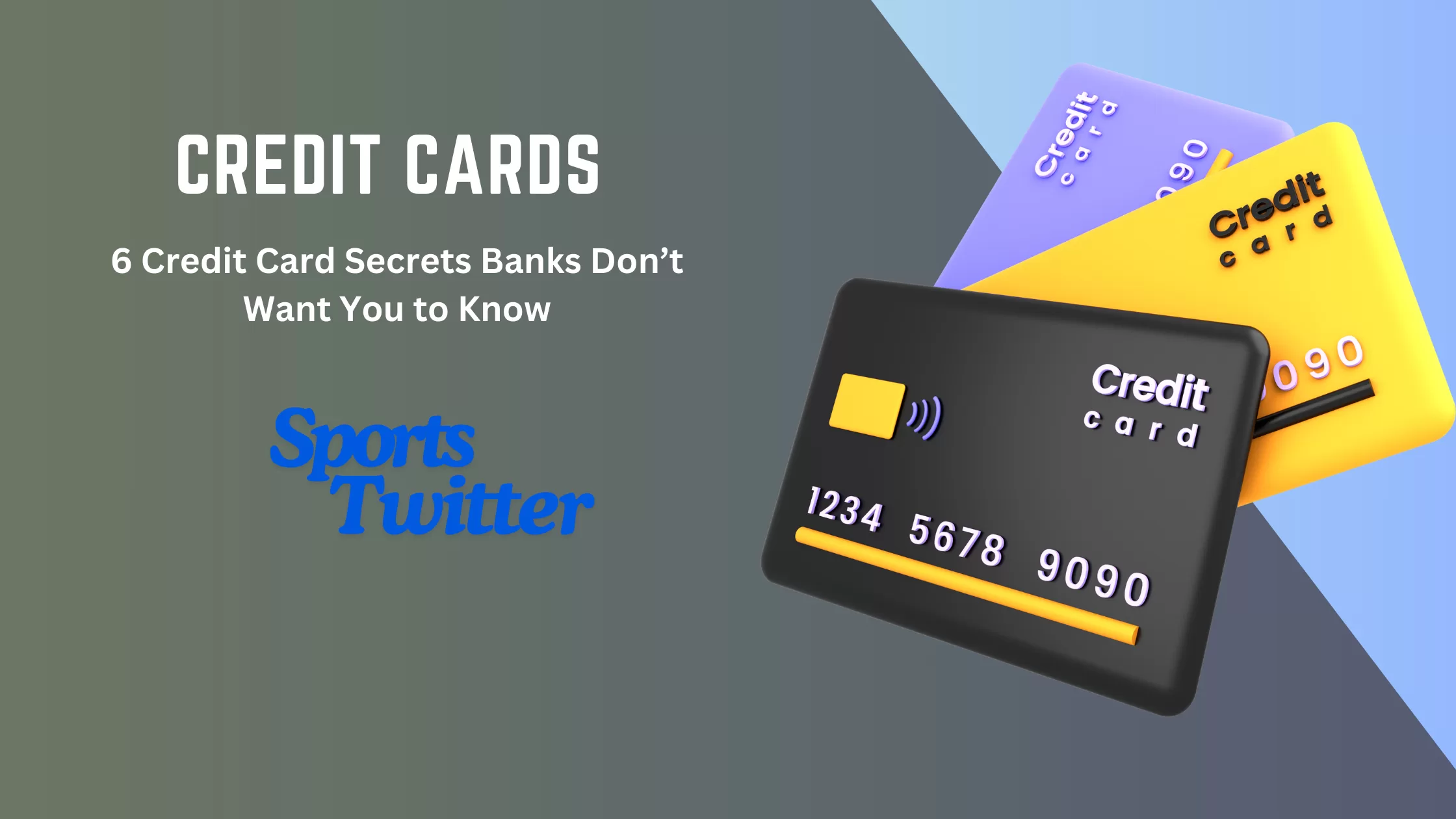Overview
Now, let’s break down these credit card secrets in simple, easily understandable, and conversational ways. Here is a friendly guide to help understand and save money with insider tips.

1. Interest Backdating: The Hidden Interest Charges
Did you know that some credit card companies charge you interest, effective from the date you made the purchase, and not the date when it is posted to your account? That means by the time the card issuer pays the store on your behalf, you may already have been paying interest well in advance. That’s a crafty way to get you to pay more without your noticing it.
What You Can Do: When possible, avoid backdating by seeking out a credit card issuer that does not use this practice. Another way to avoid these charges is to pay your bill in full by the due date every month.
2. Two-Cycle Billing: Double the Interest for One Month’s Balance
Some credit card companies employ a method called two-cycle billing. If you don’t pay off your entire balance each month, that can double your interest charges. They base your interest on both your current balance and the previous month’s balance. That could be a real surprise if your habit has been to pay in full and one month you carry a balance.
What You Can Do: If you carry a balance, switch to a card that doesn’t use two-cycle billing. Better yet, try to pay your balance in full every month so you won’t have to pay any interest at all.
3. The Right To Setoff: Your Bank Can Take Your Money
Now, if you have a credit card with the same bank that holds any type of deposit account, you may have accidentally given them permission to draw from your deposit account for their money if you were ever to default on your credit card payment. This is known as the “Right to Setoff.” It’s one of those teensy-weensy clauses buried deep within the fine print that no one reads.
What You Can Do: For extra security, you might want to put your deposit accounts and credit cards with different institutions. And of course, you can always avoid this situation arising in the first place by paying your bills on time.
4. Universal Default: Higher Rates for Other Debts
Universal default is one in which your credit card company may raise your interest rate if you are delinquent on any type of bill, not just your credit card. That means if you fail to make a payment on your automobile loan or mortgage, for example, your credit card interest rate could skyrocket.
What You Can Do: Pay all your bills on time. If you think you might miss a payment, set up automatic payments or reminders.
5. Minimum Payment Trap: Paying More in the Long Run
Credit card companies often draw special attention to the minimum payment option on your bill. While paying the minimum amount seems like a good idea, it will probably end up costing you much more in a longer period of time. You’ll end up paying interest on the remaining balance if you pay only the minimum amount, and that can build up quickly.
What You Can Do: Pay more than the minimum each month whenever possible. If you can afford it, pay your entire balance to avoid interest charges altogether.
Conclusion:
Credit cards are super handy, but they can also have hidden traps that cost you money. By knowing these six secrets and taking action, you can beat the banks at their own game and save more money. Always read the fine print, don’t be afraid to negotiate, and stay informed about your rights as a consumer.
If you found this article helpful or have any suggestions, feel free to comment or email us at info@sports-twitter.com.
